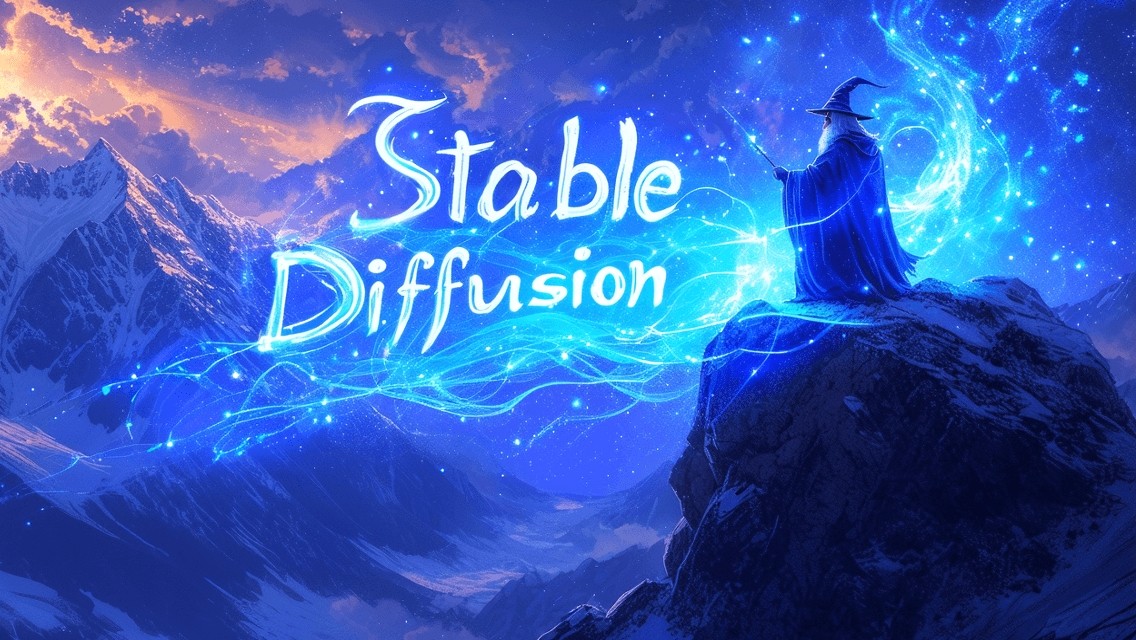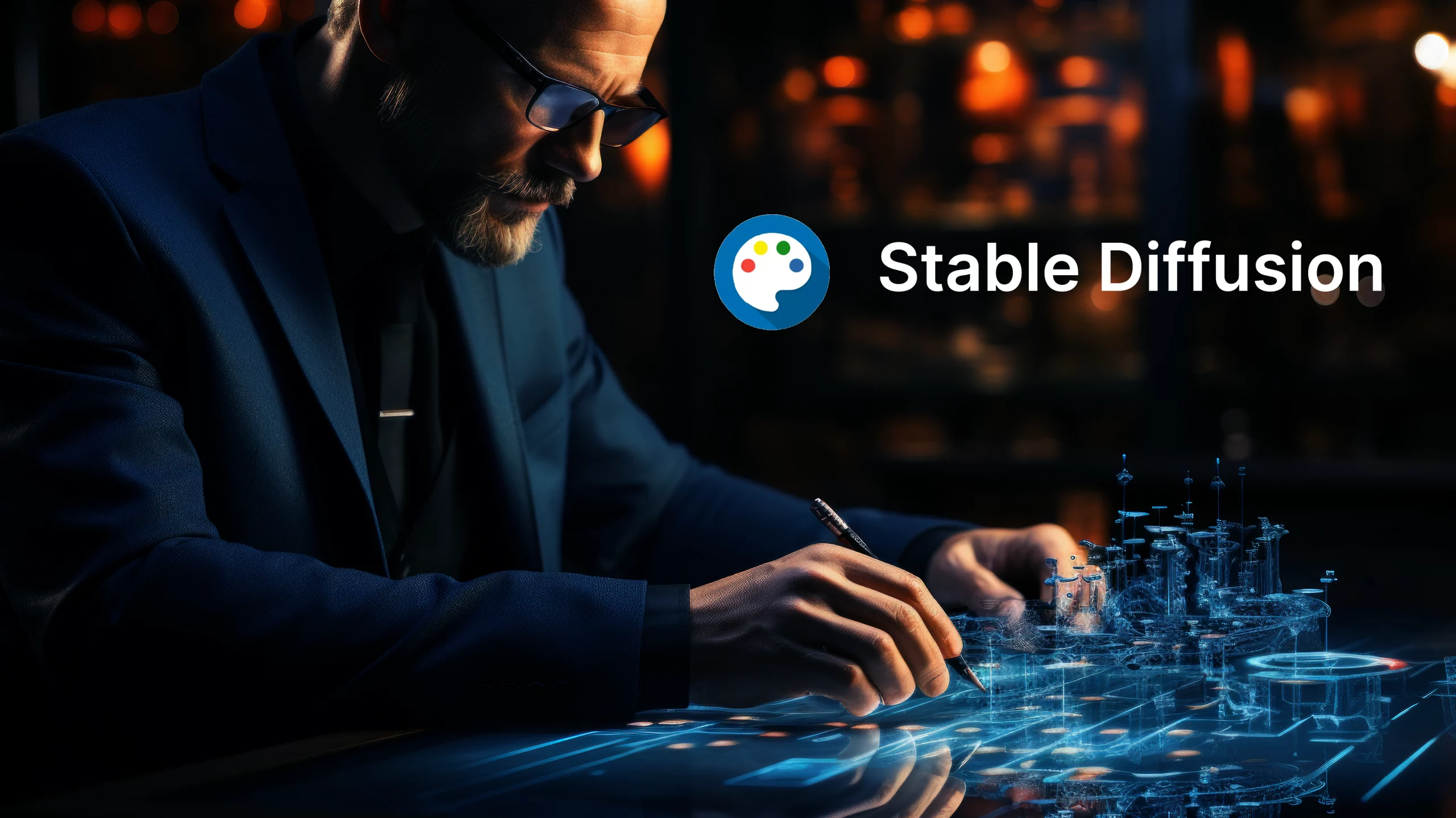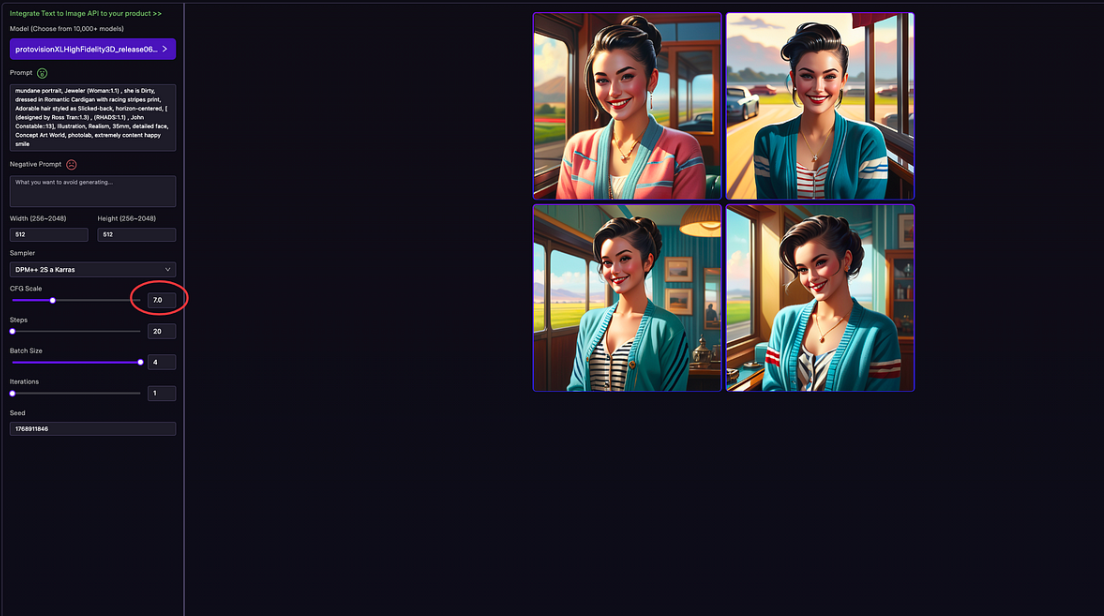According to the latest data, South Korea's generative artificial intelligence applications were used a staggering 900 million times per month in December 2024, with the ChatGPT application having the largest number of users, reaching 6.82 million. Other applications such as A-dot and Rutton have followed suit, demonstrating the rapid popularity of generative AI.

According to a survey released by WiseApp, Retail and Goods on January 7, 2025, ChatGPT not only leads in the number of users, but its usage time has also increased significantly. In December 2023, South Korean users spent a total of 110 million minutes using generative artificial intelligence applications. By December 2024, this number surged to 900 million minutes, an increase of more than eight times. This shows that more and more users are actively engaging and leveraging these technologies for their information retrieval, text and image generation, and personal assistant needs.
The survey only targeted smartphone users using Android and iOS systems in South Korea, focusing on apps capable of information search, text and image generation, and serving as conversational artificial intelligence assistants. It is worth mentioning that apps that focus on specific functions, such as photography, note-taking, and translation, were not included in this survey.
WiseApp, Retail and Goods pointed out in the report that the rapid development of generative artificial intelligence services is changing the way content is consumed and produced, and is gradually penetrating into the daily lives of Korean users. This phenomenon not only reflects the progress of science and technology, but also demonstrates the increasing acceptance of new technologies by users.
As generative artificial intelligence continues to evolve, we can foresee that in the days to come, these applications will play a greater role in more fields and change the way we live and work.
AI courses are suitable for people who are interested in artificial intelligence technology, including but not limited to students, engineers, data scientists, developers, and professionals in AI technology.
The course content ranges from basic to advanced. Beginners can choose basic courses and gradually go into more complex algorithms and applications.
Learning AI requires a certain mathematical foundation (such as linear algebra, probability theory, calculus, etc.), as well as programming knowledge (Python is the most commonly used programming language).
You will learn the core concepts and technologies in the fields of natural language processing, computer vision, data analysis, and master the use of AI tools and frameworks for practical development.
You can work as a data scientist, machine learning engineer, AI researcher, or apply AI technology to innovate in all walks of life.







